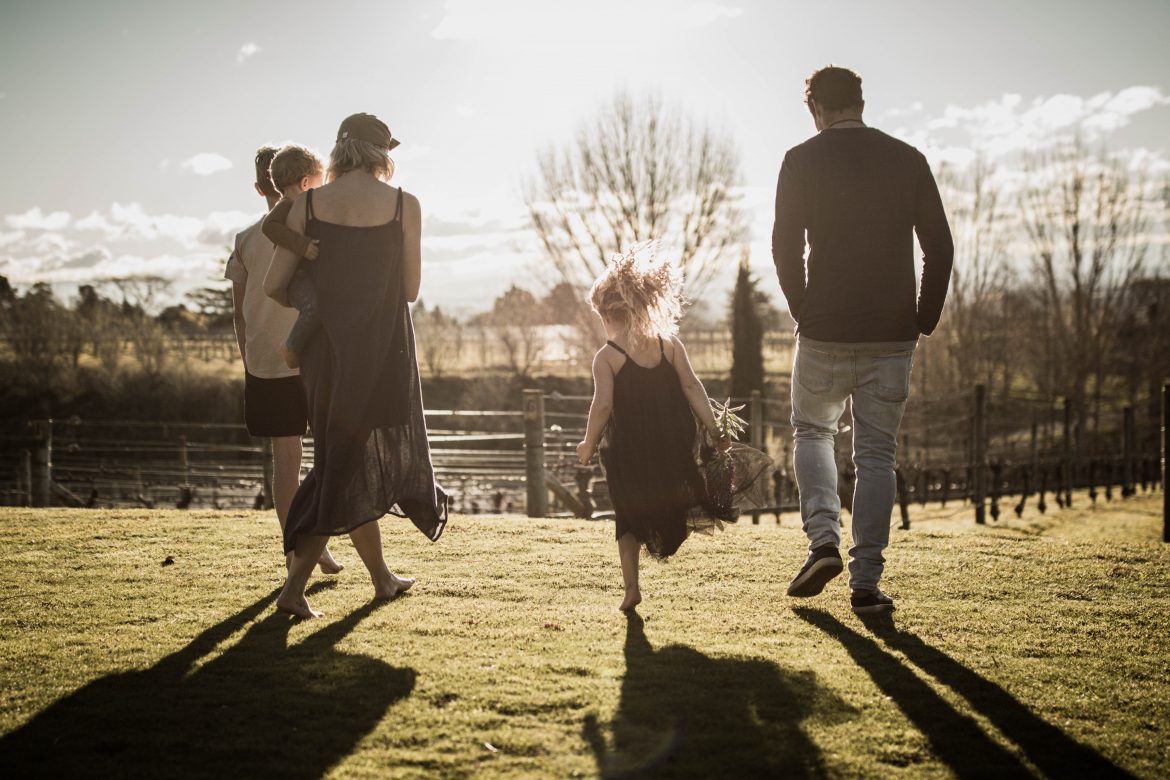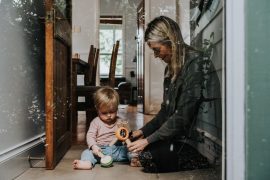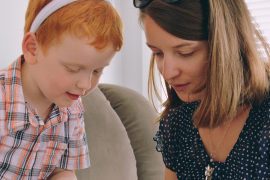By Jane Marsh
Whether you’re thinking about moving, you’re in the process of moving or you’ve already gotten to where you want to go, picking up and leaving with a family in tow is a very different experience from that of moving on your own, especially where kids are concerned. Kids are still people with their own feelings and ideas, and it’s important to make sure you’re taking care of them mentally throughout life changes.
Moving can often make kids feel powerless, especially if they aren’t consulted in the situation.
However, it’s also totally normal for kids to feel happy and excited, or even apathetic about moving.
Especially if your child doesn’t have a lot of close friends in their current school or if they’re yearning for an adventure.
In fact, while constant moves aren’t beneficial for a child’s development, getting to see a bit more of the world and experience new environments can be healthy for kids. Even with that knowledge, the process may still be rocky. Here are a few ways you can help kids of all ages adjust when moving.
Be Open About the Process
One of the best ways to help your kids adjust to the idea of a move is to let them know as soon as you can.
Of course, there are ways to be age-appropriate with the amount of information you share, but letting them know is much better than springing something on them out of nowhere.
Give Them Agency
Kids can often feel powerless when big life choices are made for them, and that’s why giving them agency in the situation can be transformative. Even kids who want to move can be off-put by feeling entirely powerless – that’s why allowing them the choice to help decorate or even participate in the renovation process if you’re going with a fixer-upper, letting them choose their own bedroom and letting them pick new activities to get involved in can all be instrumental in the adjustment process.
Frame It Positively
By being positive about the situation, you may be able to call your kids’ attention to all of the benefits that will come along with the move. You never know how your kids will ultimately feel about it, so don’t assume the worst automatically.











